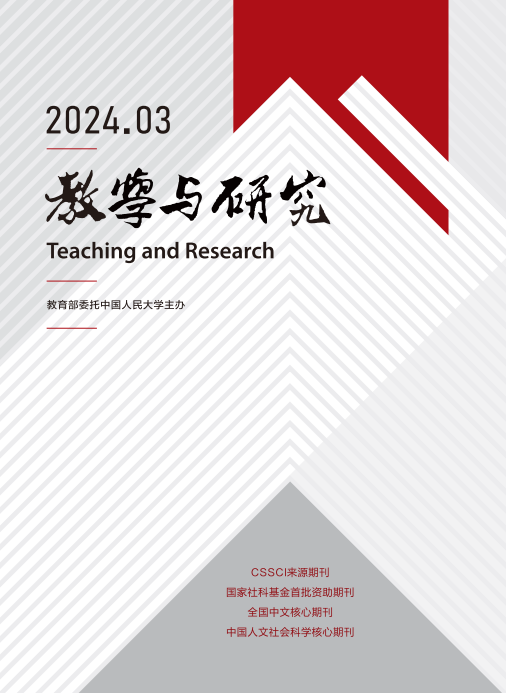|
|
The Traditional Cultural Heritage of the Chinese Path to Modernization
Liu Gang, Ma Shanzi, Huang Suping
2024, 58 (3):
19-31.
Since the 20th National Congress of the Communist Party of China, the Chinese path to modernization has become the theme of development of the times, and fine traditional Chinese culture has provided a profound cultural heritage for pursuing the Chinese path to modernization. This paper aims to comb through the relevant ideas in fine traditional Chinese culture, and grasp the commonalities between the Chinese and Western paths to modernization and the characteristics of the Chinese path to modernization, so as to build a solid traditional cultural foundation for the Chinese path to modernization. Research shows that the commonality between the Chinese and Western paths to modernization lies in the idea of “discarding the outdated in favor of the new”, while “when there are so many people, what should be done next”, “regarding the people as the foundation of the state”, “educating people when they are rich”, “promoting harmony between humanity and nature”, “fostering neighborliness” and other ideas in traditional culture fully reflect the characteristics of the Chinese path to modernization such as the huge population, common prosperity for all, material and culturalethical advancement, harmony between humanity and nature, and peaceful development. The construction of the Chinese path to modernization requires fully drawing strength from the countrys fine traditional culture, focusing on the core issue of “when there are so many people, what should be done next”, pursuing a development path that emphasizes both “enriching people” and “educating people”, creating a sound development environment through “promoting harmony between humanity and nature” and “fostering neighborliness”, and making the reform the fundamental driving force for development based on the idea of “discarding the outdated in favor of the new”.
Related Articles |
Metrics
|



